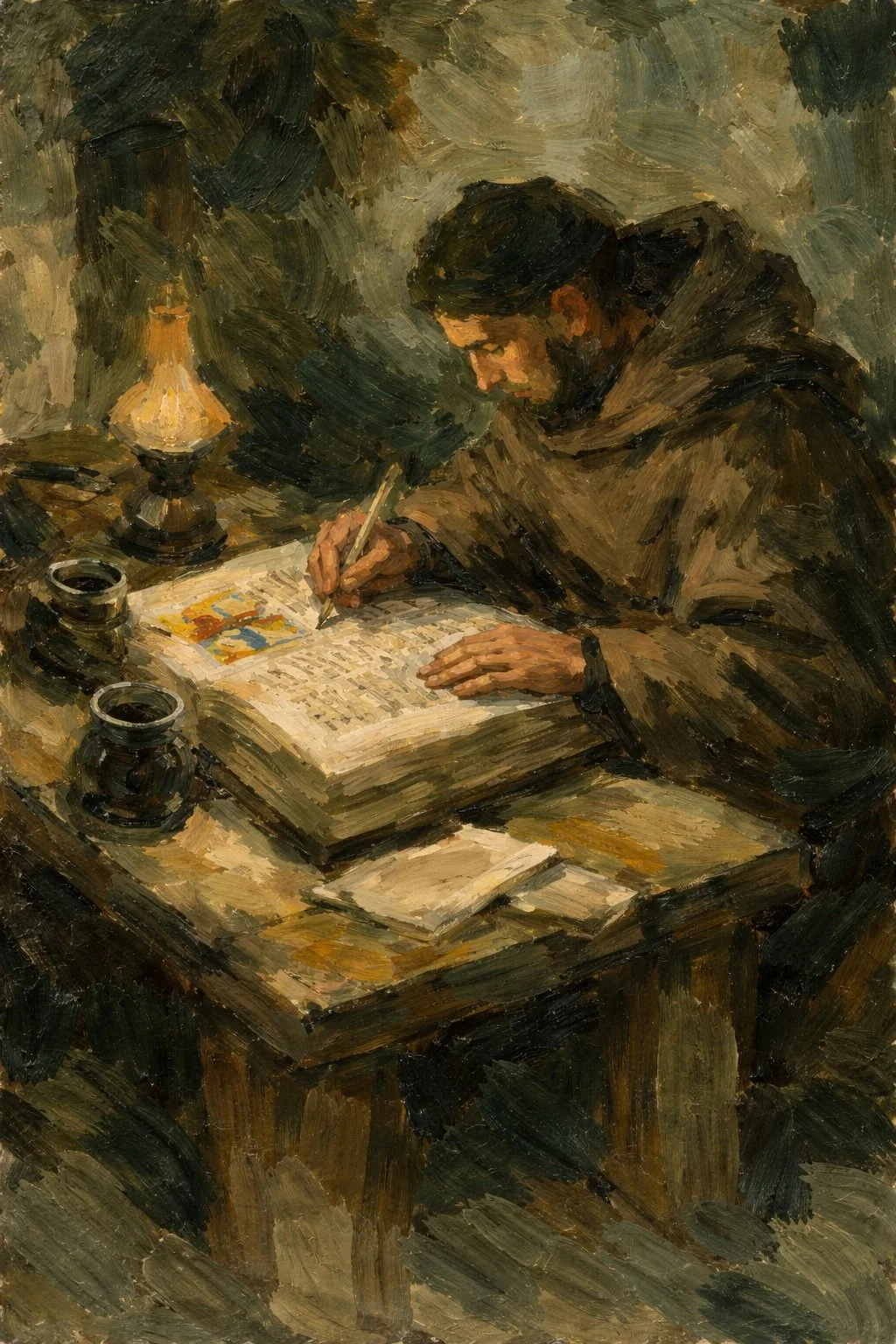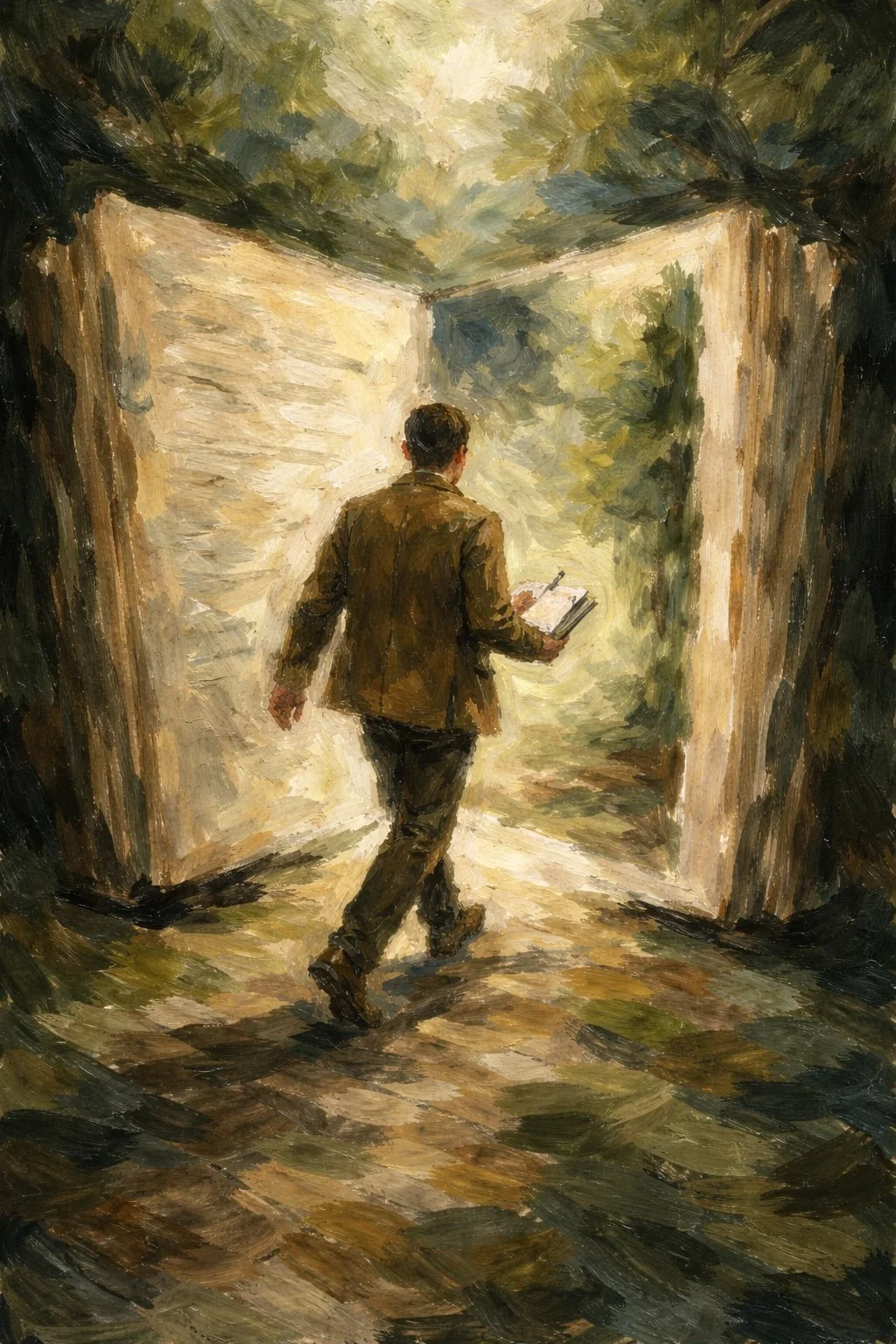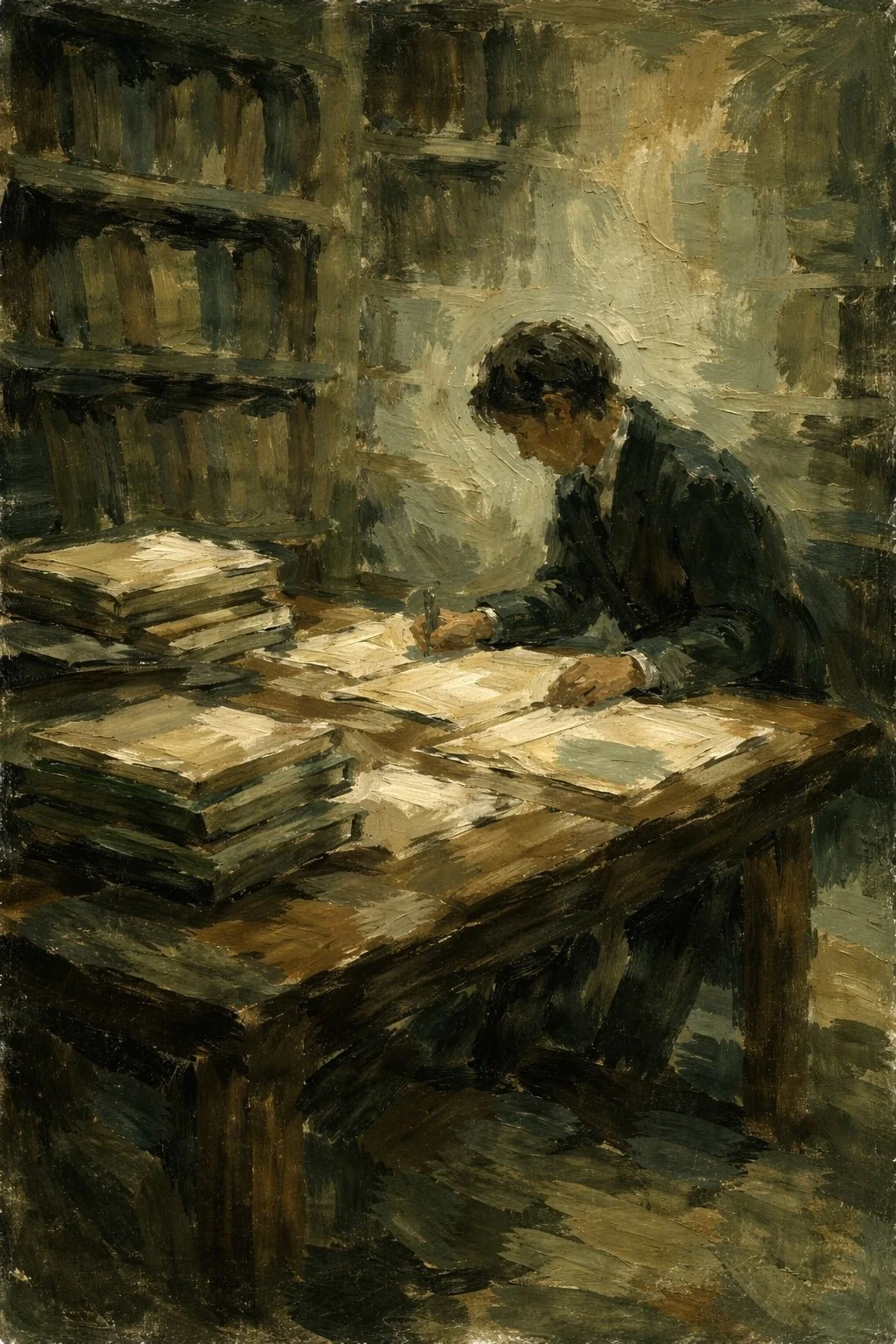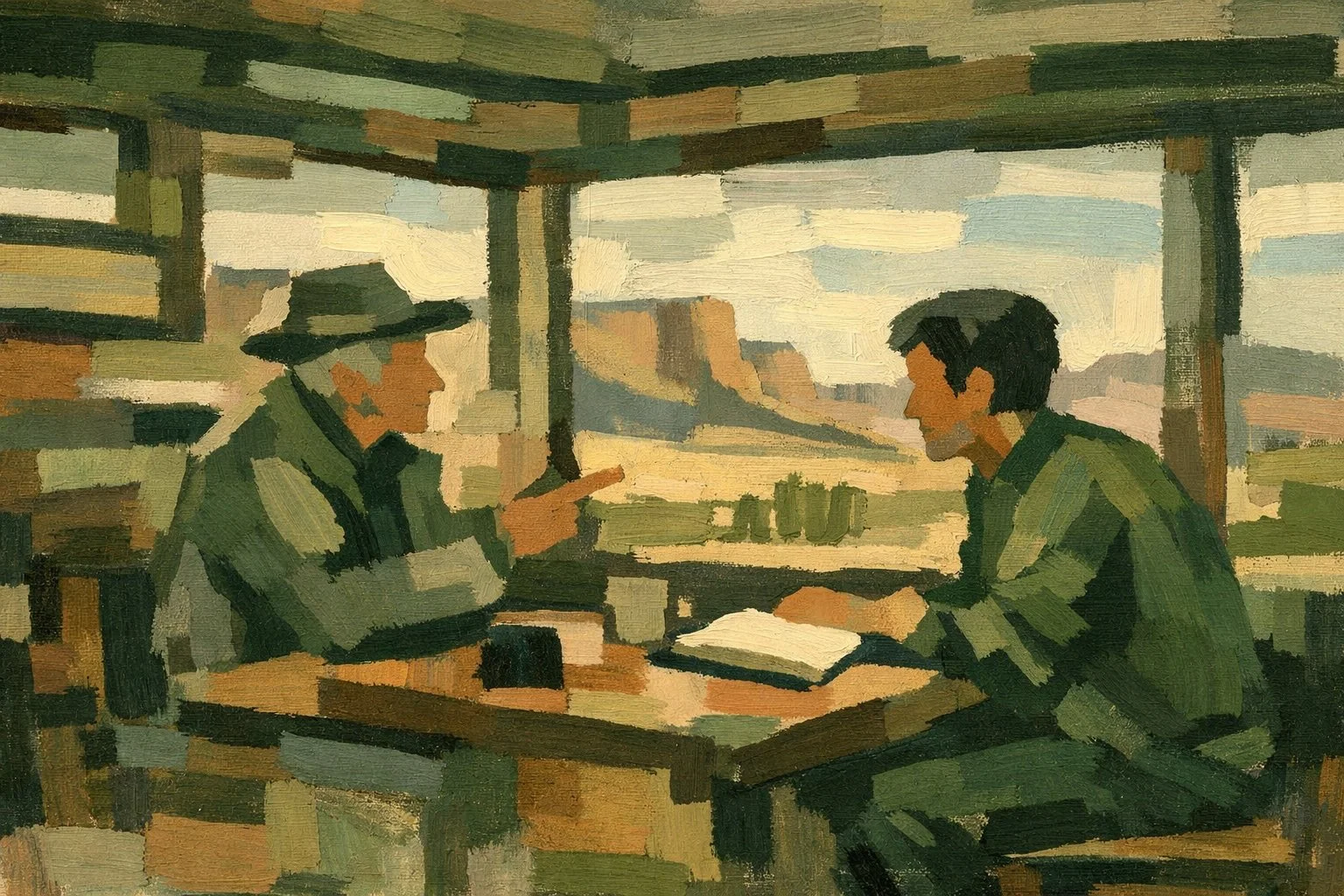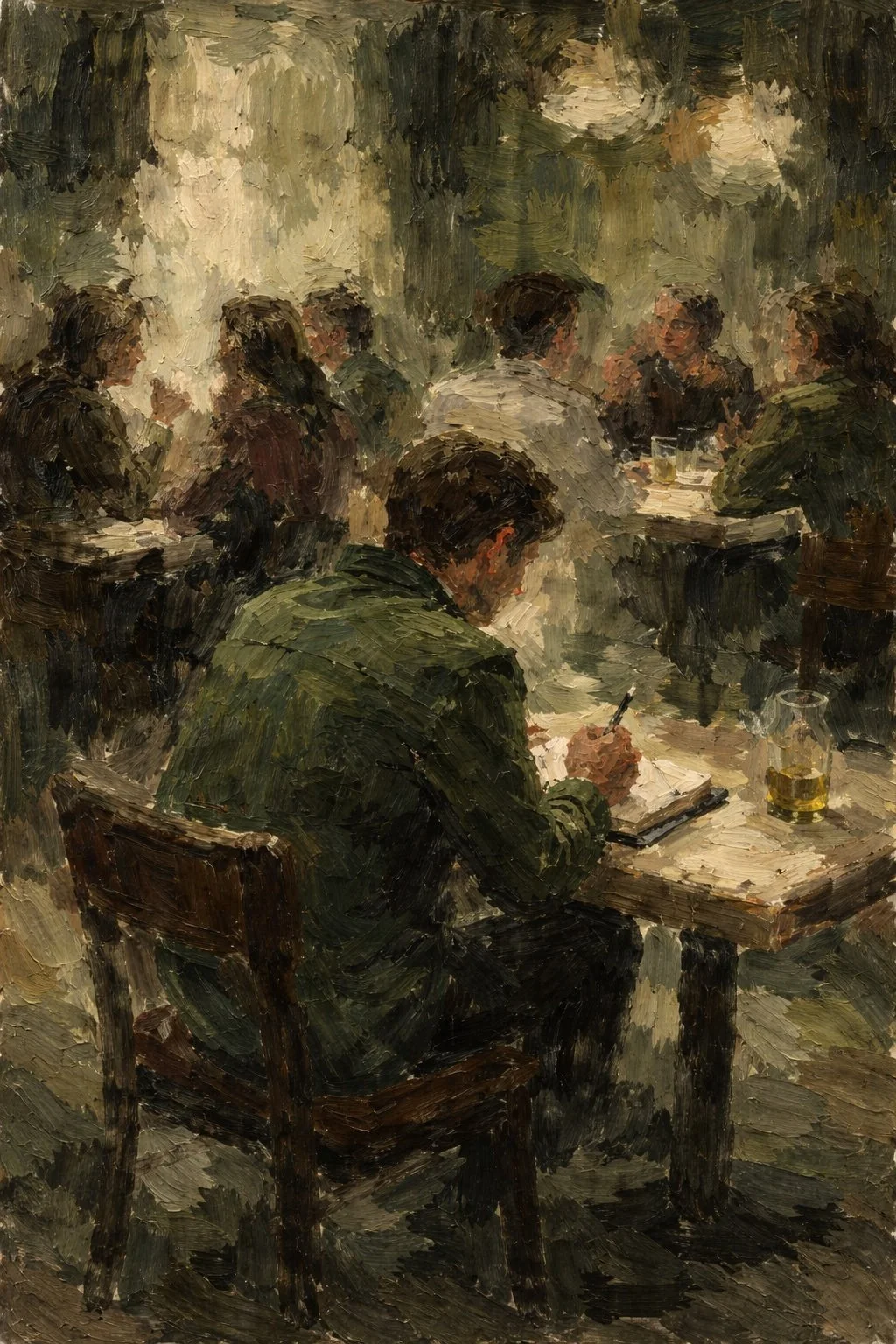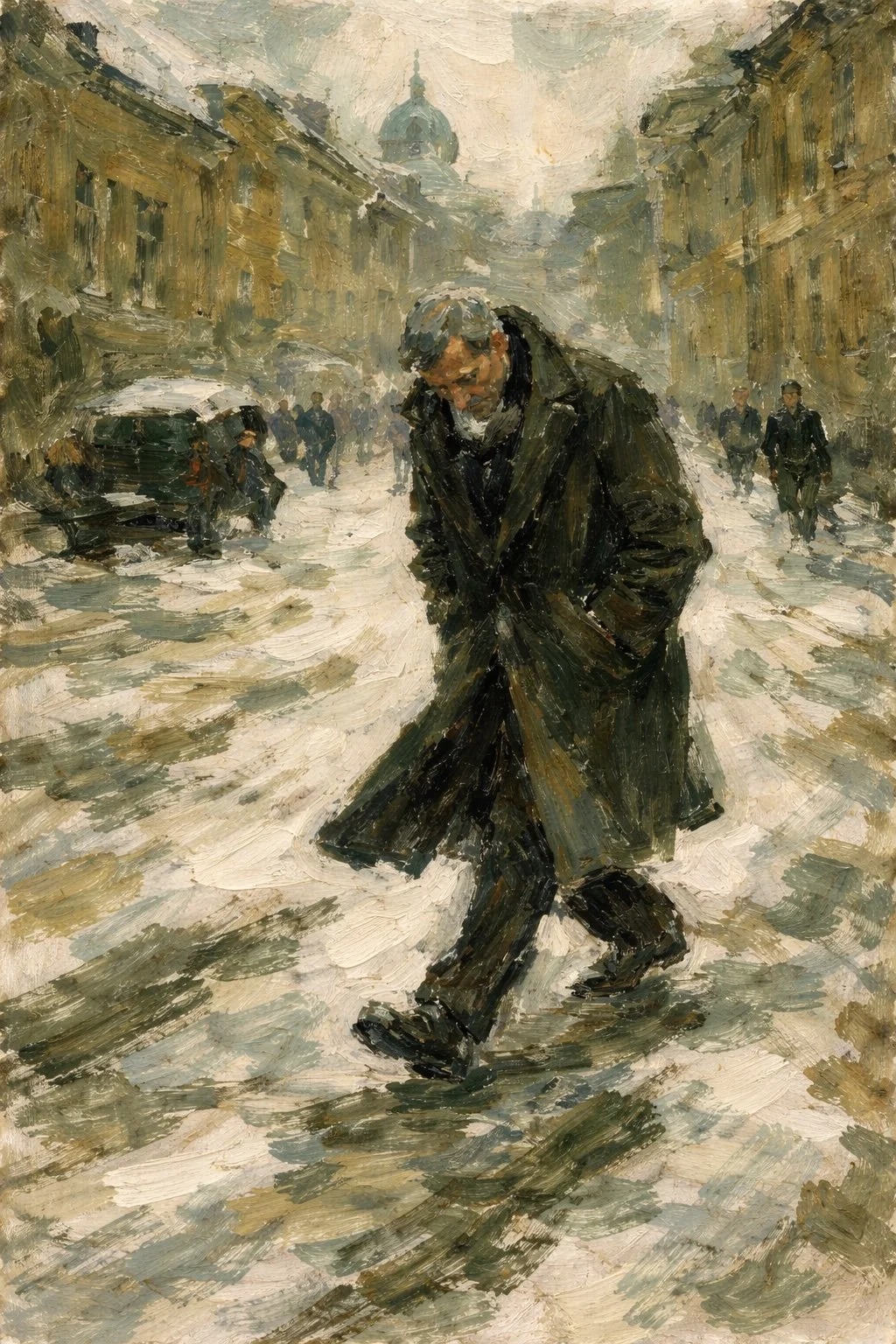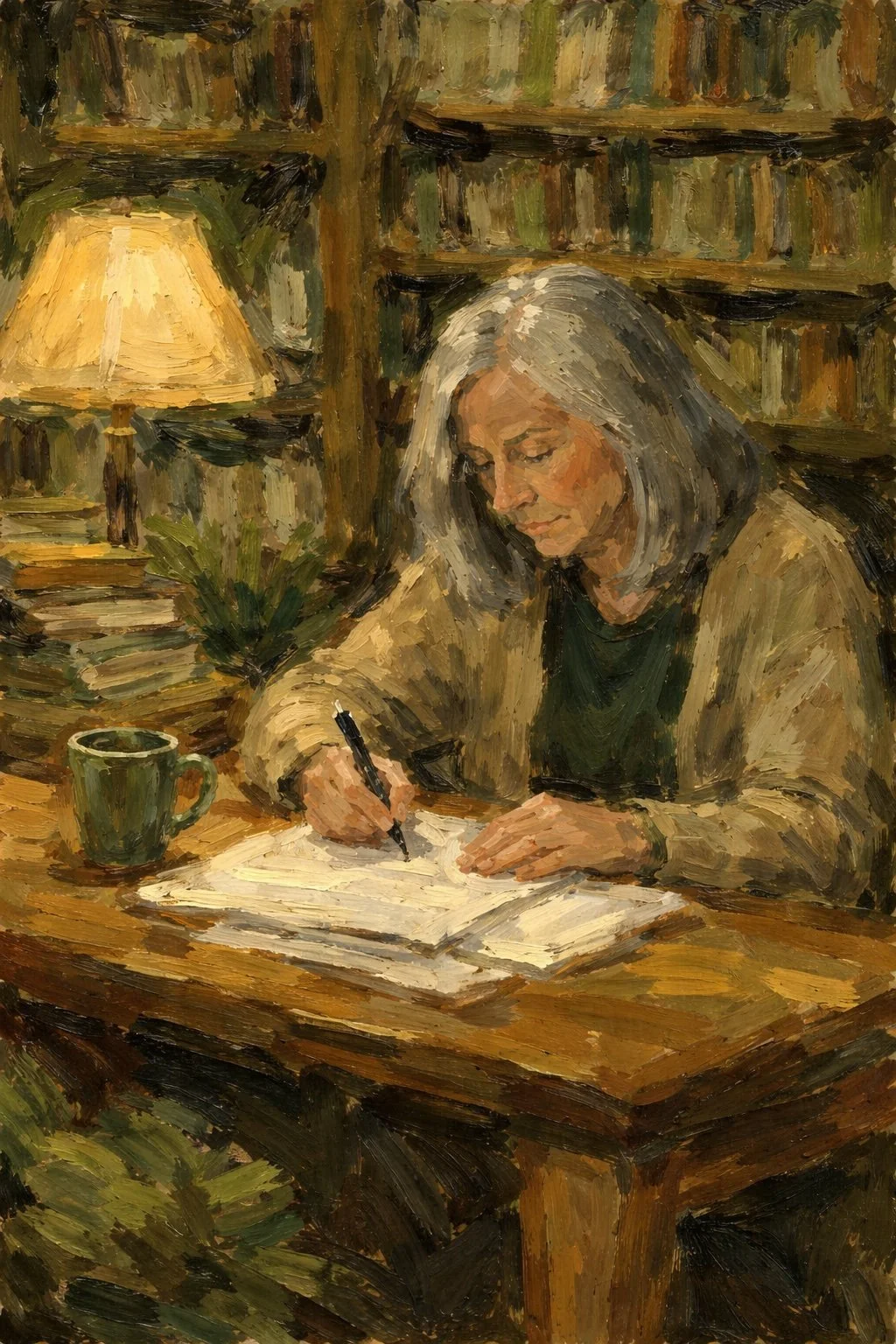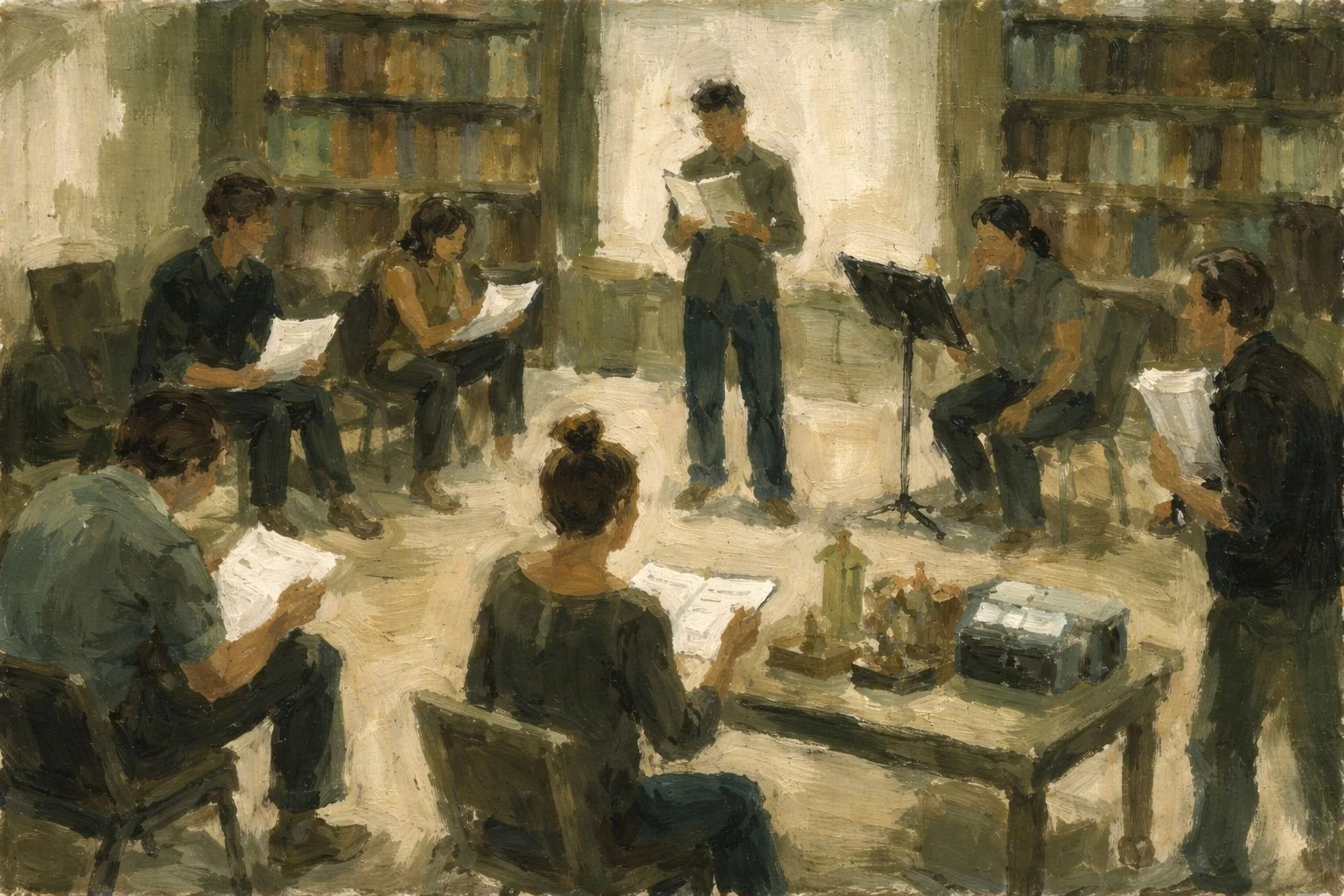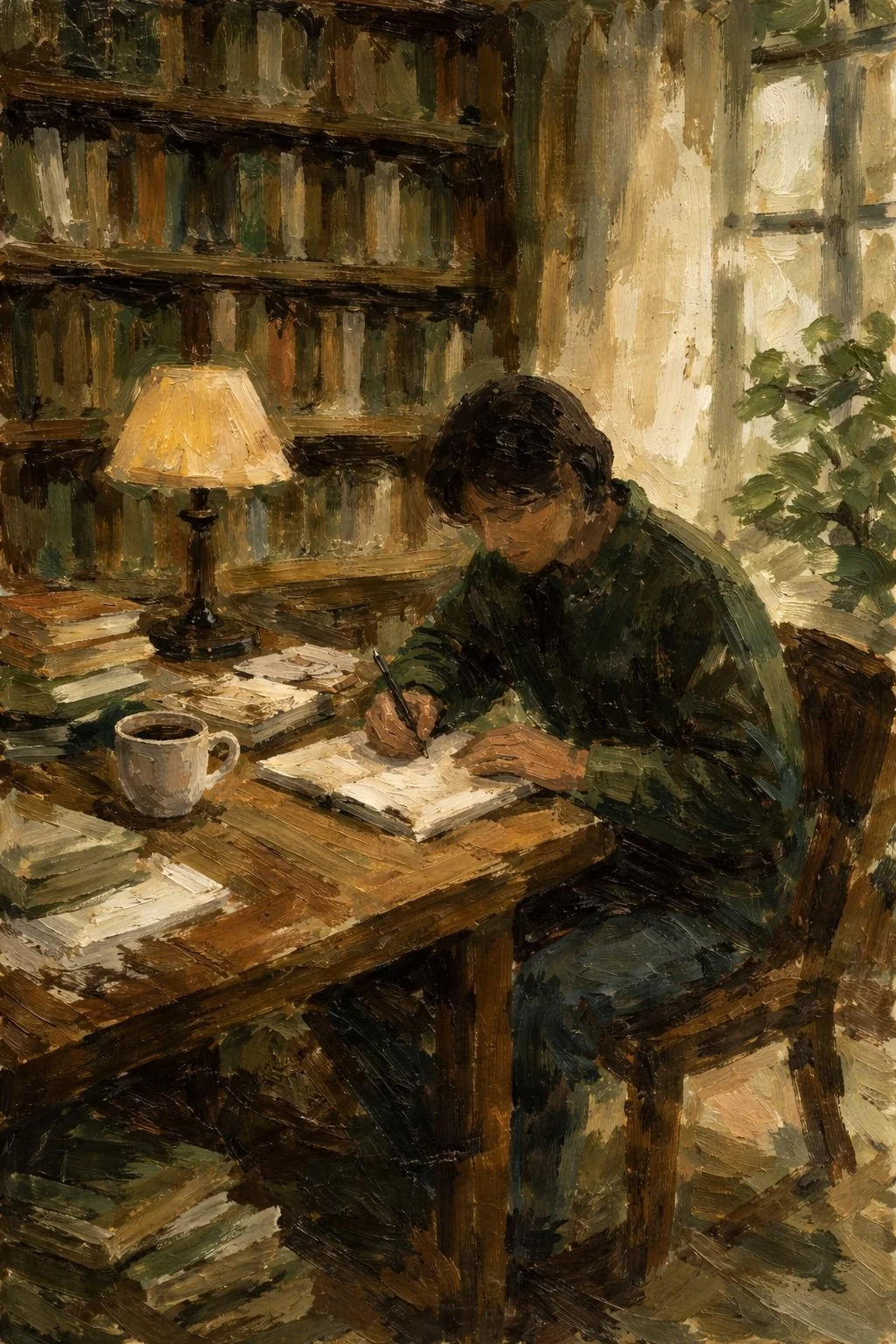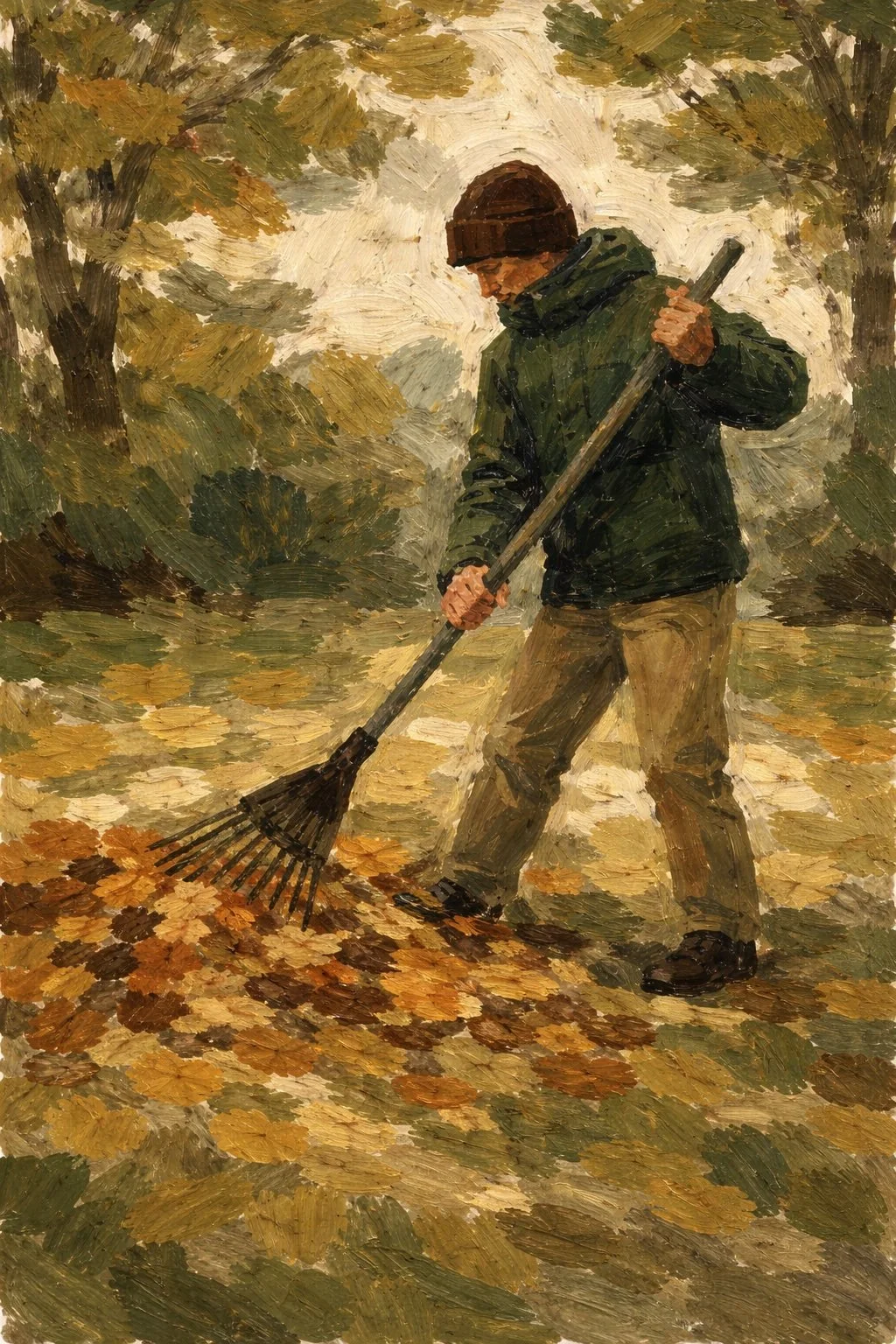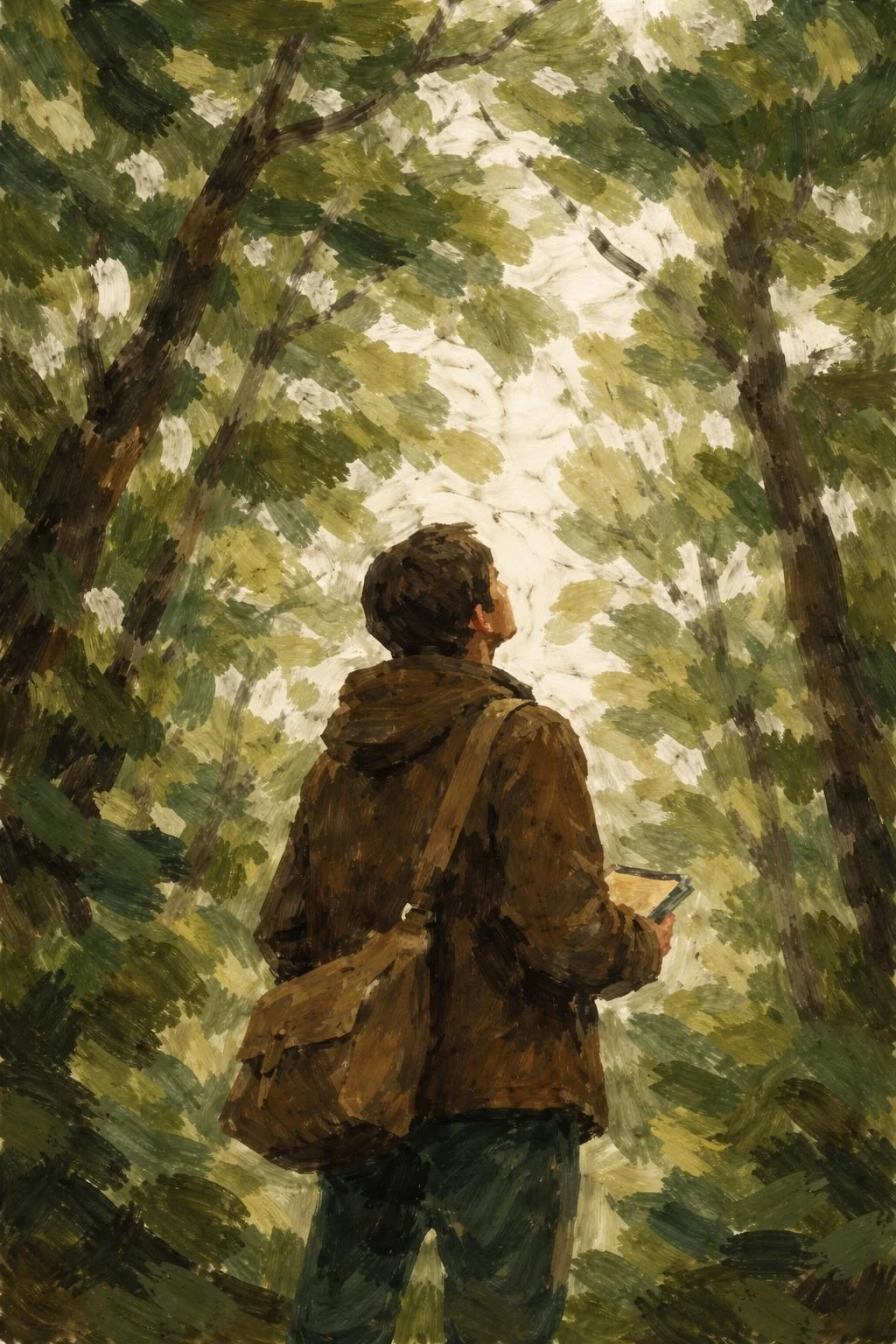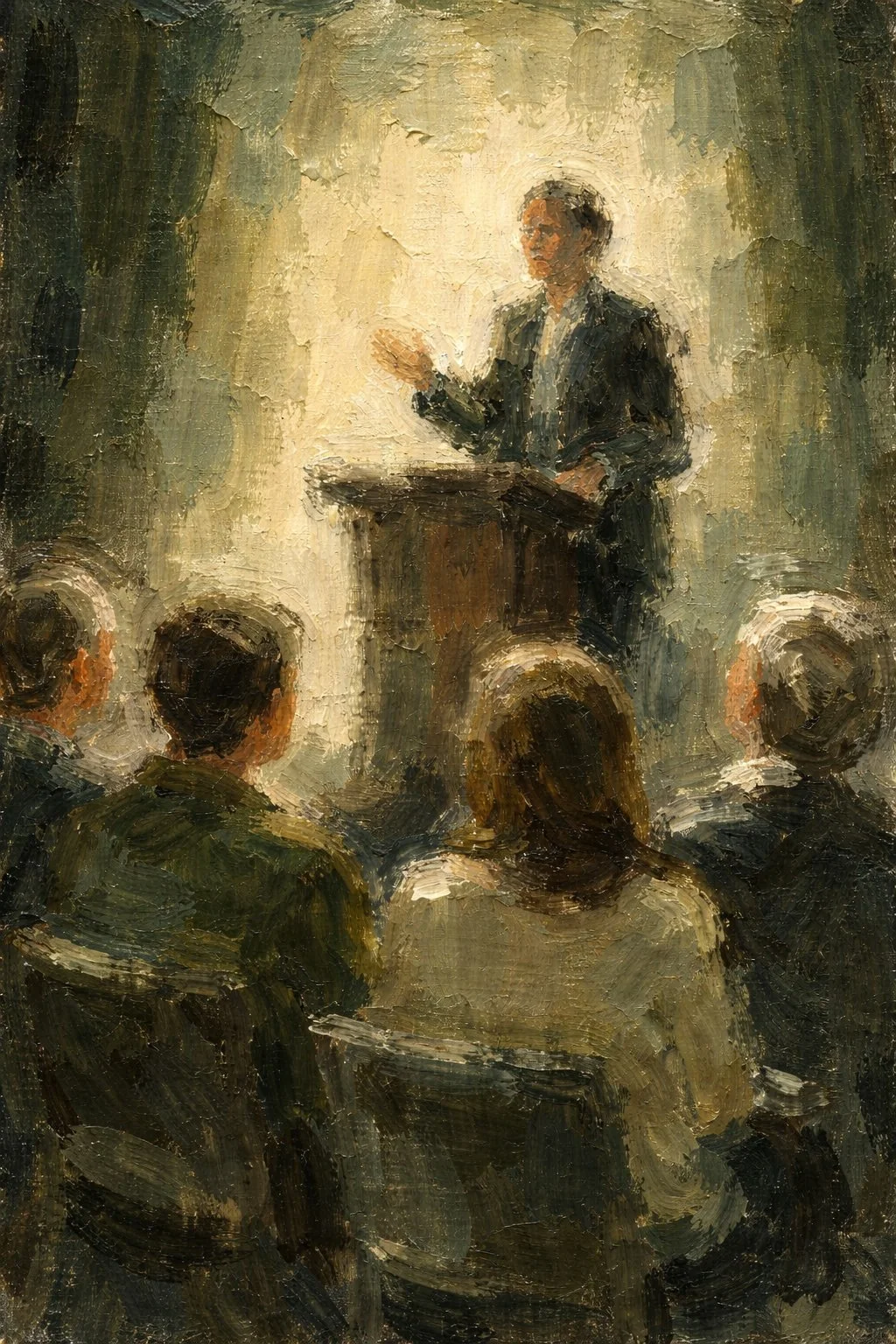Welcome to our informational blog.
Topics covered include literary theory and practice, academic writing techniques, philosophy of education, and explanations of our methods for strengthening creative intelligence.
Four Movements: Seasonal Structure in Fiction
Many drafts have a vague sense of time. A manuscript that feels diffuse may gain clarity when anchored to a defined temporal arc. A book writing coach can help a writer identify latent seasonal markers already present in the work.
The Economics of the Writing Life Through History
The gatekeeping structures remain real, yet the pathways into publication have multiplied. Agents, independent presses, hybrid models, and direct-to-reader platforms coexist. Success depends not only on the manuscript but on strategic positioning. A book publishing consultant can offer informed guidance about the ecosystem in which a manuscript will circulate.
Literature of the Borderlands
Code-switching, dialect, and multilingual dialogue need careful handling. A freelance writing consultant can read closely for rhythm and clarity. Are the shifts in language grounded in character? Do they arise naturally from context?
The Village as Microcosm
An online writing coach helps clarify scale. In a small community narrative, every scene must carry relational consequence. If two characters argue in private, who else will hear of it? If a secret is revealed, how far will it travel?
Writing From a Distance
For writers working on manuscripts rooted in a hometown or a former country, accuracy alone rarely carries the work. Emotional truth determines whether the setting feels inhabited. Distance offers perspective, yet it can invite romanticization or harsh simplification. Craft requires steadiness in the face of both impulses. Author mentorship helps a writer notice when a portrayal drifts toward caricature or nostalgia.
Writing From Shame
Many writers feel the impulse to disguise or soften their own experiences. The fear of being judged can lead to evasive language or melodrama. A skilled book writing consultant can identify where the prose begins to generalize and where scenes become abstract instead of embodied.
The Writer as Character: When the Author Steps Into the Story
When a writer has embedded themselves in a story, it is difficult to see clearly from inside it. A thoughtful manuscript assessment with a literary coach can help evaluate whether the authorial figure generates dramatic tension or drains it.
The Lyric Essay and Memoir
For memoirists who feel constrained by linear storytelling, the lyric essay provides another path. It invites attention to rhythm and recurrence. It asks the writer to think in patterns rather than plots. With careful guidance from a creative writing coach who can see both the fragments and the emerging whole, those patterns can gather a life of their own.
Speculative Fiction and the Urgency of Now
In speculative manuscripts, it is often difficult for a writer to see where the emotional thread has thinned beneath layers of invention. A book writing mentor, reading with fresh eyes, notices when a world feels textured but uninhabited. The guidance matters because speculative fiction demands two simultaneous disciplines. The writer must construct a credible alternative reality and sustain psychological depth within it.
Writing from the Margins of the Archive
Writers working with fragmentary sources sometimes worry that gaps in the historical record will read as insufficient research. Manuscript consultation helps the writer focus on the narrative work that silence is doing and how it is positioned within the structure of the book.
The Long View: Making Work Outside Literary Centers
Outside literary hubs, the role of a creative writing mentor becomes especially relevant. A mentor is someone who remembers what the work looked like six months ago, a year ago, before the writer themselves has forgotten. That memory matters more than approval.
The Writer as Listener: Craft Lessons from Overhearing, Eavesdropping, and Accidental Dialogue
Book coaching services help a writer learn how to work with what they have actually gathered from life, rather than forcing it into preconceived structures. Many writers bring pages full of vivid, overheard dialogue to a draft and feel unsure why the scenes still fall flat. The issue is rarely authenticity, but rather placement and emphasis.
Character Under Pressure
People are revealed not by who they say they are, but by how they move through the limits imposed on them. When literary coaches teach writers to build pressure thoughtfully, character stops feeling like something to invent and starts feeling like something that happens naturally.
The Novel as a Laboratory for Moral Choice
Many developing writers approach moral questions too directly. They explain motives instead of dramatizing them, or they resolve ethical tension too quickly in order to reassure the reader. Author mentorship helps the writer slow down.
Omniscient Narration in Contemporary Fiction
When writers attempt omniscience on their own, they frequently err in one of two directions. Either the voice becomes too diffuse, leaving the reader unanchored, or it becomes too controlling, explaining motivations and themes before the story has allowed them to emerge organically. A book writing consultant can help a writer identify where the narrative voice is doing too much work and where it might do less.
Writing Plays in Company: Collaboration as the Heart of Theater
While directors and actors focus on bringing a script to life in rehearsal, a script consultant occupies a slightly different position. A consultant reads the play with production in mind, but without the immediate pressure of staging. They stand between the private act of writing and the public act of performance.
Memory Under Pressure: Compression in the Lyric Poem
When poets write from memory, they are often working with fragments. A smell, a sound, a brief physical gesture can carry more weight than a fully rendered anecdote. Compression sharpens these elements and invites the reader to participate in meaning-making. Instead of telling us what an experience meant, the poem creates a field where meaning is felt. Manuscript critique asks how the poem functions as an object.
What Manual Labor Teaches Writers
Manual labor teaches a particular relationship to time. Progress can be slow and uneven. Mastery comes through accumulated hours rather than sudden insight. For writers, this sensibility counters the fantasy that a novel should arrive whole, or that inspiration alone will carry a project forward. Instead, it frames writing as a daily practice, one shaped by endurance and humility. Many writers have internalized either unrealistic artistic myths or the belief that their lived experience has no place in literary work. Novel writing mentorship helps a writer recognize the value of what they already know how to do.
Writing Place Without Sentimentality: Rendering Landscapes as Living Systems
Sentimentality often creeps in during revision, when the urge to clarify or elevate overtakes the discipline of observation. An experienced online writing consultant can identify moments where language slides into generality or emotional shorthand. They can point out when a place has stopped behaving like a system and started behaving like a symbol.
Writing for the Ear: Repetition in Speechwriting
A professional writing coach approaches repetition as a structural question rather than a stylistic tic. They notice where a phrase wants to return and where it has already done its work. Coaching sessions often involve reading drafts aloud, marking breath points, and tracking how ideas build across the arc of the speech.



